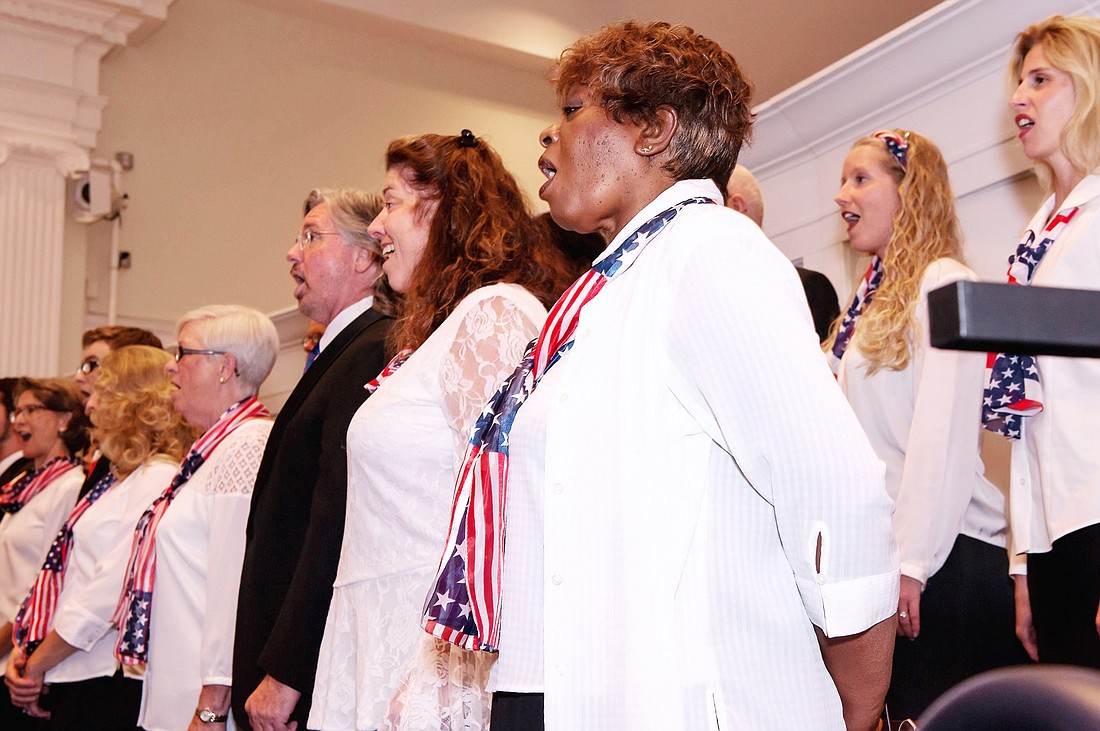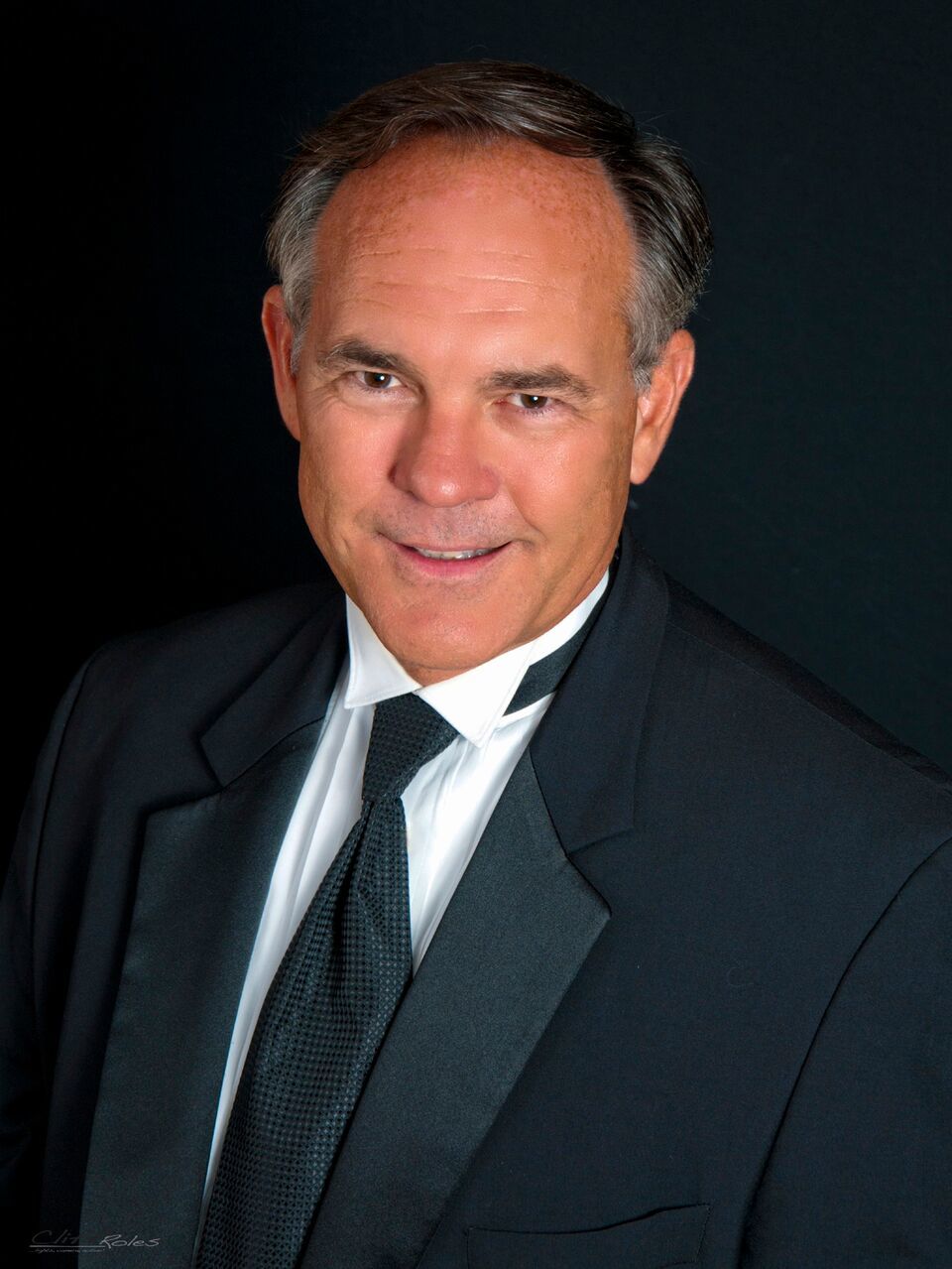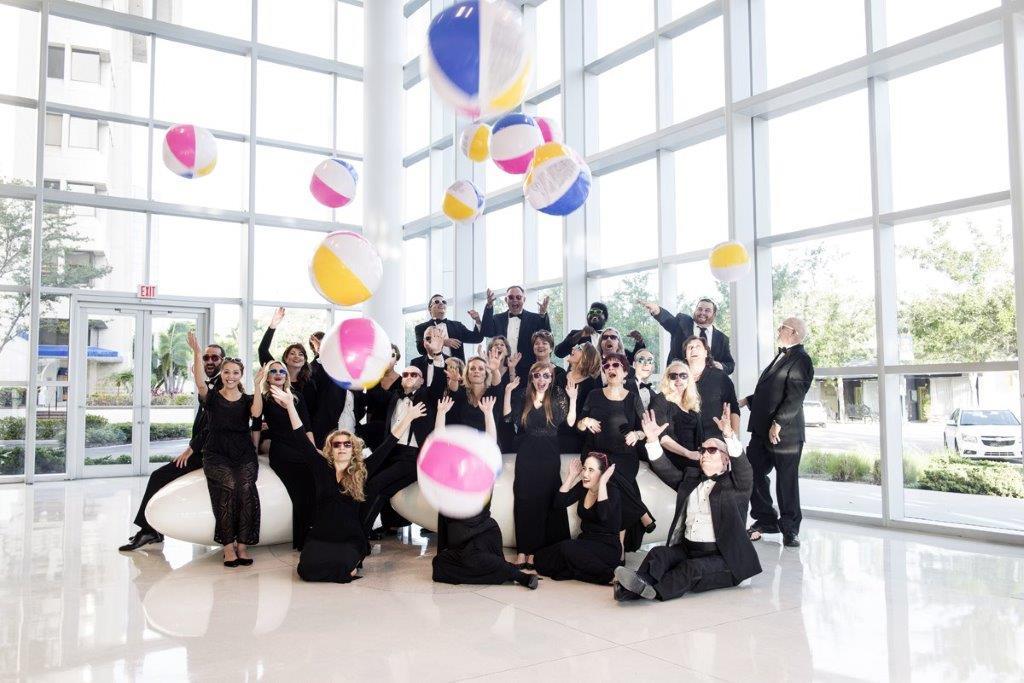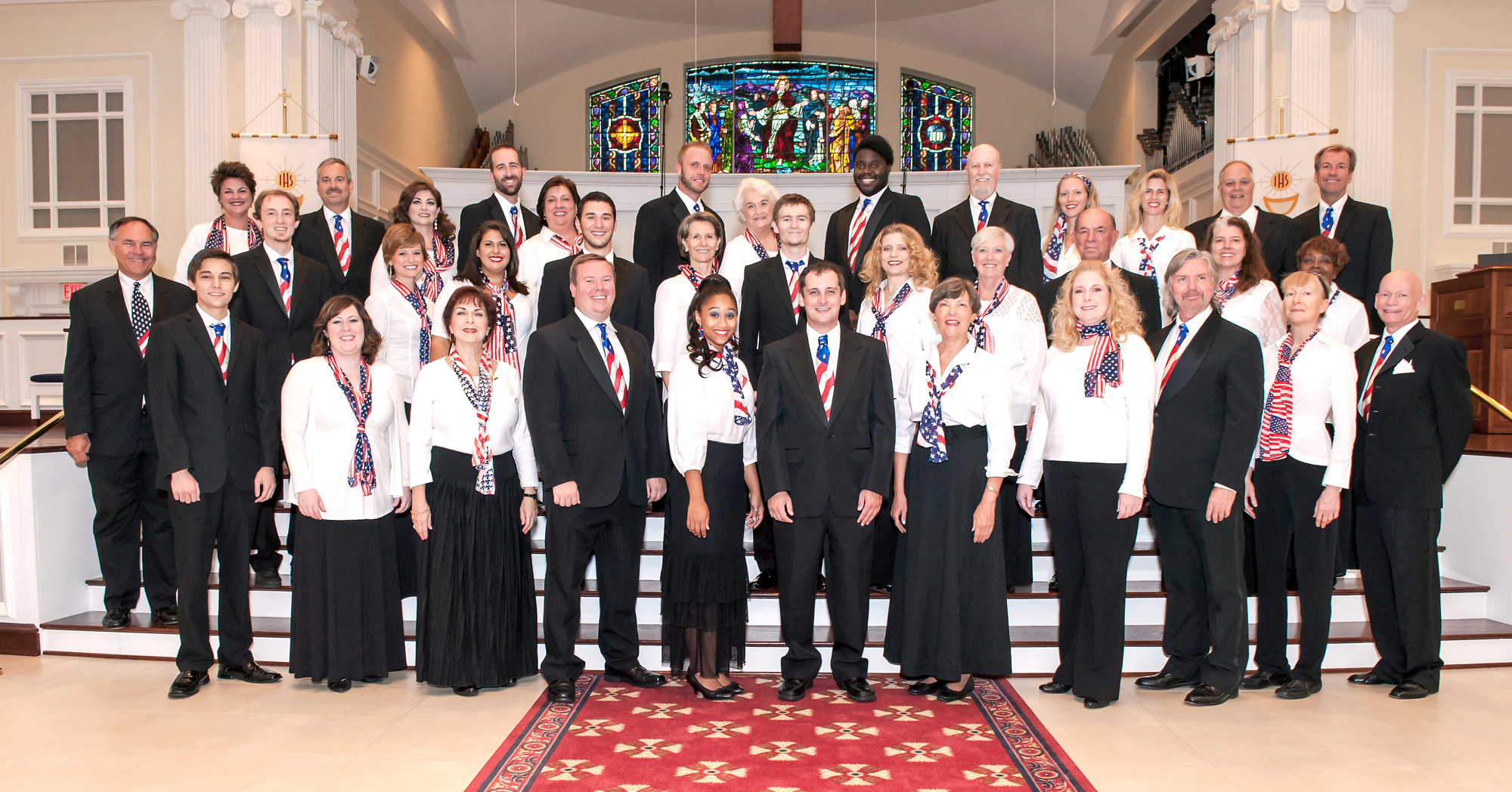- April 25, 2024
-
-
Loading

Loading

This year’s July Fourth promises fireworks for the eyes and ears in Sarasota. Before the bayfront night sky lights up with the rockets’ red glare, Gloria Musicae will launch some aural pyrotechnics of its own.
The choral group’s annual “Patriotic Spectacular” concert will include patriotic anthems, spirituals, the standards of Irving Berlin and George and Ira Gershwin and a tribute to America’s armed forces. For Joseph Holt, Gloria Musicae’s artistic director, programming and arranging this concert is always a labor of love.
During his 20-year career as principal pianist with the United States Army Chorus, Holt had performed for luminaries around the United States and the world. His Independence Day concerts draw on that experience — though no two are ever the same. We asked about his arrangements for this year’s concert — and the creative thinking behind them.
What’s the core of the July Fourth concert?

It revolves around the tried-and-true standards that express the American character and stir the patriotic spirit: “The National Anthem,” “God Bless America” and “America the Beautiful.” To put it another way, if you’re going to do an Independence Day concert, these are the songs you absolutely have to do.
What’s your approach to arranging the classics?
It’s a balancing act. I try to look for different arrangements, so the concert has a different feel every year. At the same time, I honor the musical traditions that touch us so deeply. That songbook is broader and deeper and greater than people realize. Beyond the standards, I draw from folk and popular music in a patriotic context. I always try to put in a few surprises.
Can you give us a hint?

I’ve arranged six pieces as a tribute to the Civil War and the Emancipation Proclamation. In the first song, a woman longs for a soldier who’s gone away to war. The second is set to a collage of various texts by Abraham Lincoln — the Gettysburg Address, snippets of his inaugural speeches and his prophetic “House Divided” speech of 1858.
Is that where he said, “A nation cannot long endure half slave half free …?”
Yes, exactly. After that, I chose three African American spirituals in sharp juxtaposition to the somber tone: “If I Can Help Somebody,” “This Little Light of Mine” and “Ride the Chariot.” These songs speak of the innate human desire to be supportive, spread joy in the world and look for something better, either in this world or the next. Basically, I start with the human cost of the Civil War, and that takes you to liberation it made possible. We end on a note of triumph.
It’s a powerful selection.
Thank you, but we’ll be asking the audience not to applaud during this portion of the concert. Performers love adulation — myself included — but it’s far more important to respect the art and the human stories it speaks of.

So, the focus is on the songs, not the singers.
It’s not about us. Ego aside, we’re channeling the songwriters’ intentions directly to the audience. We’re conduits; we let the music come through us. That’s not to trivialize the performance — it takes a lot of technique and ability to do that right.
What else is on the program?
Well, we go from the 19th to the 20th century with selections by Irving Berlin and George and Ira Gershwin. The tone is very optimistic. These songs always put a smile on my face. They’re cocky, proud, amazingly upbeat expressions of the American spirit.
Which is interesting, considering that the Berlin and Gershwin families both fled pogroms in Russia.
That hits the nail on the head. I find it amazing that these first-generation Americans fled persecution in Europe and Russia and went on to capture the new spirit of our country in their music. We were entering a modern age, the machine age with its dynamism and energy. You can hear it in their songs — the rhythm and the drive. Composers like Irving Berlin and the Gershwin brothers not only reflected the changing American character; they helped reinvent it. The descendents of the Pilgrims had lived here for hundreds of years. These songwriters had just arrived; they were Americans because they embraced the idea of America. Their creativity helped shaped that idea and give it a voice. I find that remarkable.
What do you strive for when you program a concert?
Wonderful music, of course. Beyond that, a logical progression and a variety of musical flavors. Even on the Fourth of July, not every composition can be big and rah-rah. Rousing marches may be great, but you wouldn’t want to listen to them for an hour and a half. So, I strive for unity — a sense of a gestalt. Ideally, every piece is part of a whole.
Who’ll be performing this year?
We’ll have 30 Gloria Musicae singers. Eight apprentice singers will be joining us from State College of Florida and advanced choral groups from area high schools. It’ll be nice to mix the more mature, trained voices with the younger, developing voices. A blend of many different voices — much like America.
What’s the takeaway?
These are songs of freedom. That’s both a celebration of the freedoms we have and a testament to the constant fight for freedom — and the struggle to make our circle of freedom grow. It is a struggle, because the bullies of this world fight to narrow that circle. They want to own you, or tell you what you can think, read or say, or even who you can love. The bullies adapt, so today’s battles aren’t necessarily yesterday’s battles.
So, the fight for freedom means a constantly moving target.
Yes, it is. 150 years ago, America’s slaveholders fought to keep their human property. Only this year, we had the horrific incident over in Orlando. Someone’s ideology said these people shouldn’t have their freedom, so 49 people died. We couldn’t help but think of that in rehearsal. There’s a phrase in “I Want to Help Somebody” where a mother was looking for her son. We all had tears in our eyes.